Medical injection molding, as the core process in medical device manufacturing, directly determines clinical efficacy and patient safety. This technology transforms medical-grade plastics into components with complex geometries and functional features through high-temperature, high-pressure injection into precision molds. The process integrates four critical dimensions: material selection, mold design, parameter control, and quality validation, forming a rigorous manufacturing logic chain.
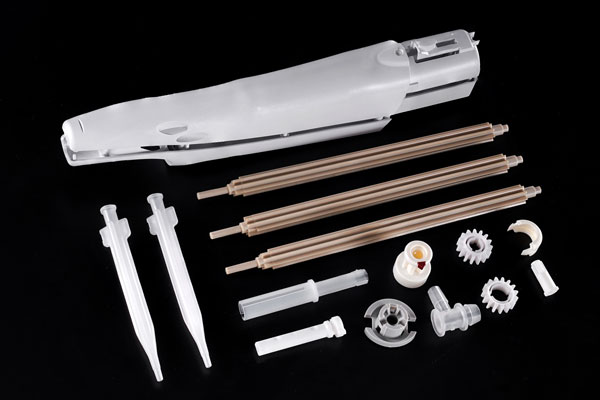
-
Material Selection: Biocompatibility Barriers
Medical injection molding imposes stringent standards on raw materials. Medical-grade polymers like polypropylene (PP), polycarbonate (PC), and polyetheretherketone (PEEK) must pass ISO 10993 biocompatibility tests to avoid releasing sensitizers or inducing cytotoxicity. For instance, PEEK’s processing temperature range (360°C–400°C) demands thermal stability, while its orthopedic implant applications require FDA 510(k) clearance to validate mechanical strength and long-term tissue compatibility. Polysulfone (PPSU), used in baby bottles and dialyzers, must resist chemical degradation after 134°C steam sterilization.
-
Mold Design: Precision Engineering
Medical mold design adheres to "millimeter-level tolerance control." Syringe barrels require wall thickness tolerances within ±0.02 mm to ensure sealing with needles. In insert molding, the preload between metal needles and plastic handles is optimized via CAE simulations to prevent demolding stress caused by thermal expansion mismatches. A central venous catheter mold employs gas-assisted injection molding, balancing pressure in thick-walled sections with nitrogen channels to eliminate shrinkage marks >0.3 mm, achieving catheter wall thickness uniformity of ±0.05 mm.
-
Parameter Control: Dynamic Equilibrium System
The injection molding process requires precise coupling of temperature, pressure, and speed. PEEK processing mandates barrel temperatures at 380°C±5°C and mold temperatures of 160°C–180°C to promote crystallization. A neuroelectrode mold adopts multi-stage injection speed control: 120 mm/s for rapid filling, 20 mm/s for bubble elimination, and 5 mm/s for pressure holding. Pressure control dynamically adjusts injection pressure (80–150 MPa) based on mold runner length.
-
Quality Validation: Three-Tiered Control System
Medical injection-molded parts undergo hierarchical validation. Machine vision systems detect flash defects ≥0.1 mm², while CMM coordinates measure key dimensions to achieve CPK values ≥1.33. Performance tests include tensile strength (≥30 MPa), sterilization cycle durability (134°C/18 min × 30 cycles with no deformation), and chemical compatibility (24-hour exposure to 70% ethanol with no swelling). A traceability system logs over 200 parameters per batch, such as raw material melt flow index and mold hot runner temperature curves, enabling precise defects.
-
Process Innovation: Evolutionary Trends
Medical injection molding is undergoing intelligent transformation. A surgical robot joint component employs 3D-printed molds, reducing manufacturing cycles from 6 weeks to 10 days. Liquid silicone rubber (LSR) injection molding achieves 0.1 mm thin-wall forming for respiratory masks while maintaining Shore A hardness of 50±2. Multi-material co-injection combines transparent PC with antibacterial ABS, integrating observation windows and structural supports in single-use blood collection tubes. These innovations require ISO 13485-compliant process validation to ensure clinical safety.
The uniqueness of medical injection molding lies in its integration of industrial precision with life science requirements. From polymer molecular chain structures to finished product surface roughness, every parameter embodies a commitment to medical safety. As technologies like smart sensors and AI-driven process optimization emerge, medical injection molding is building stricter quality defenses to support modern medicine.
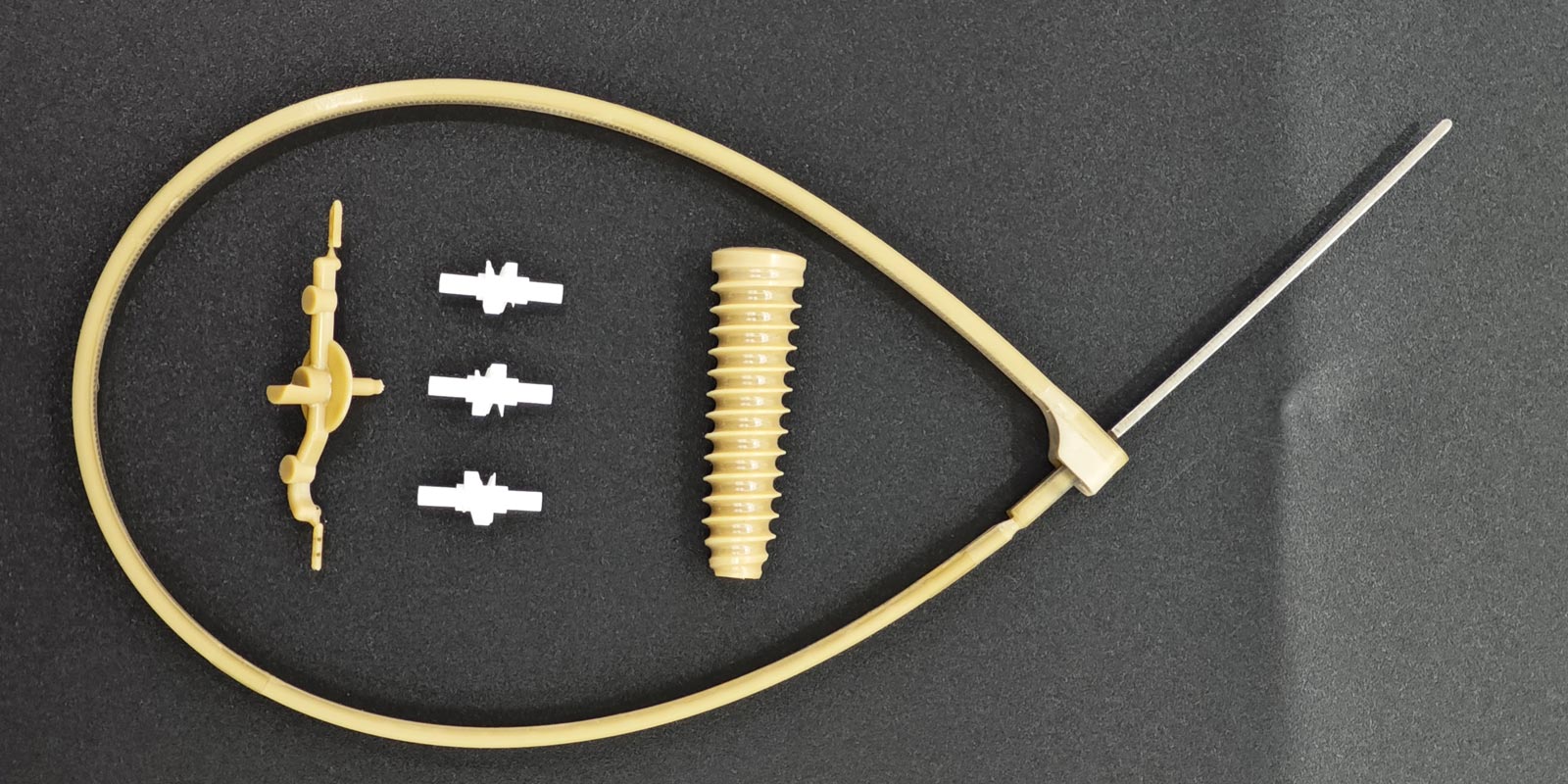
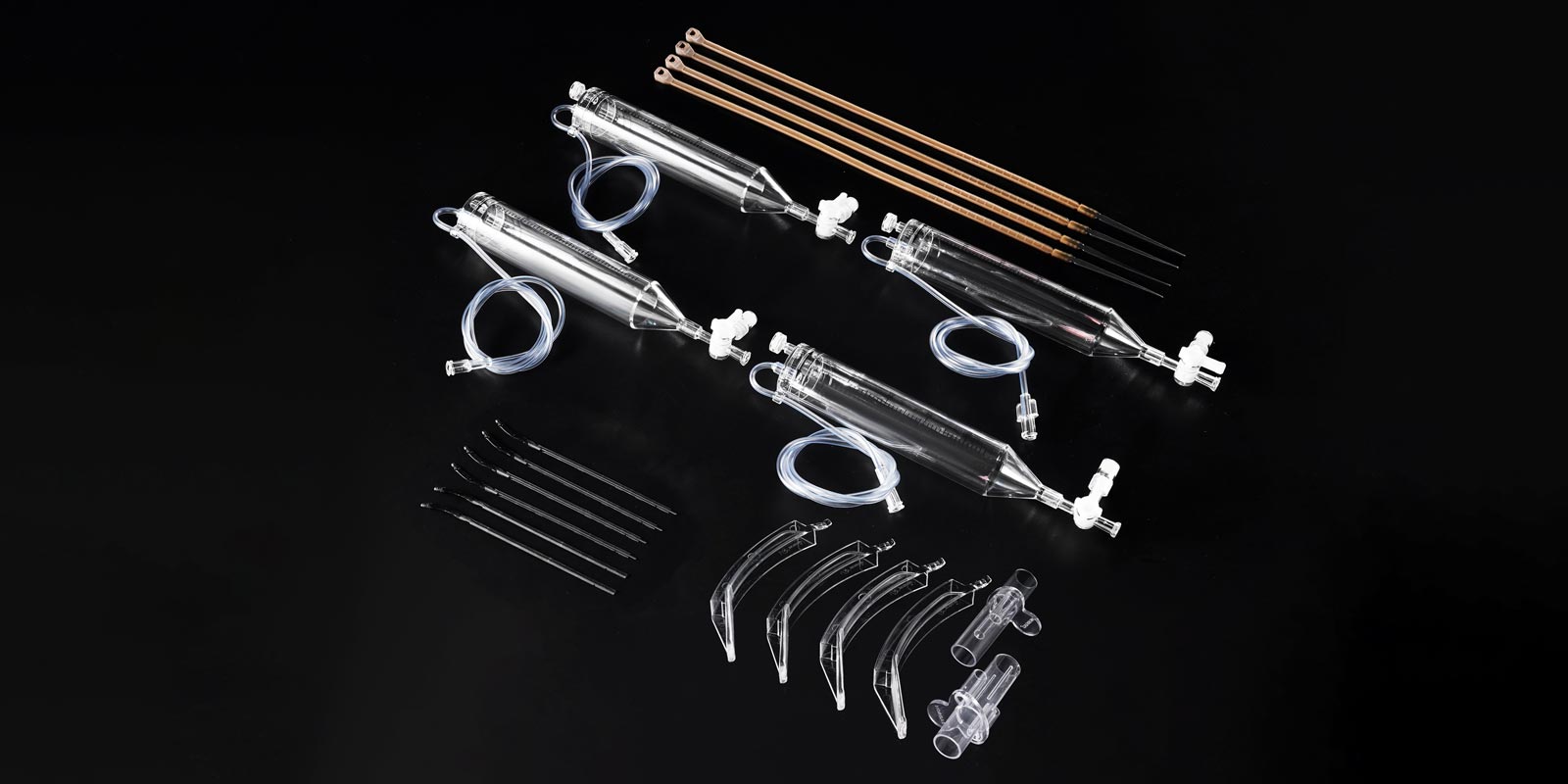
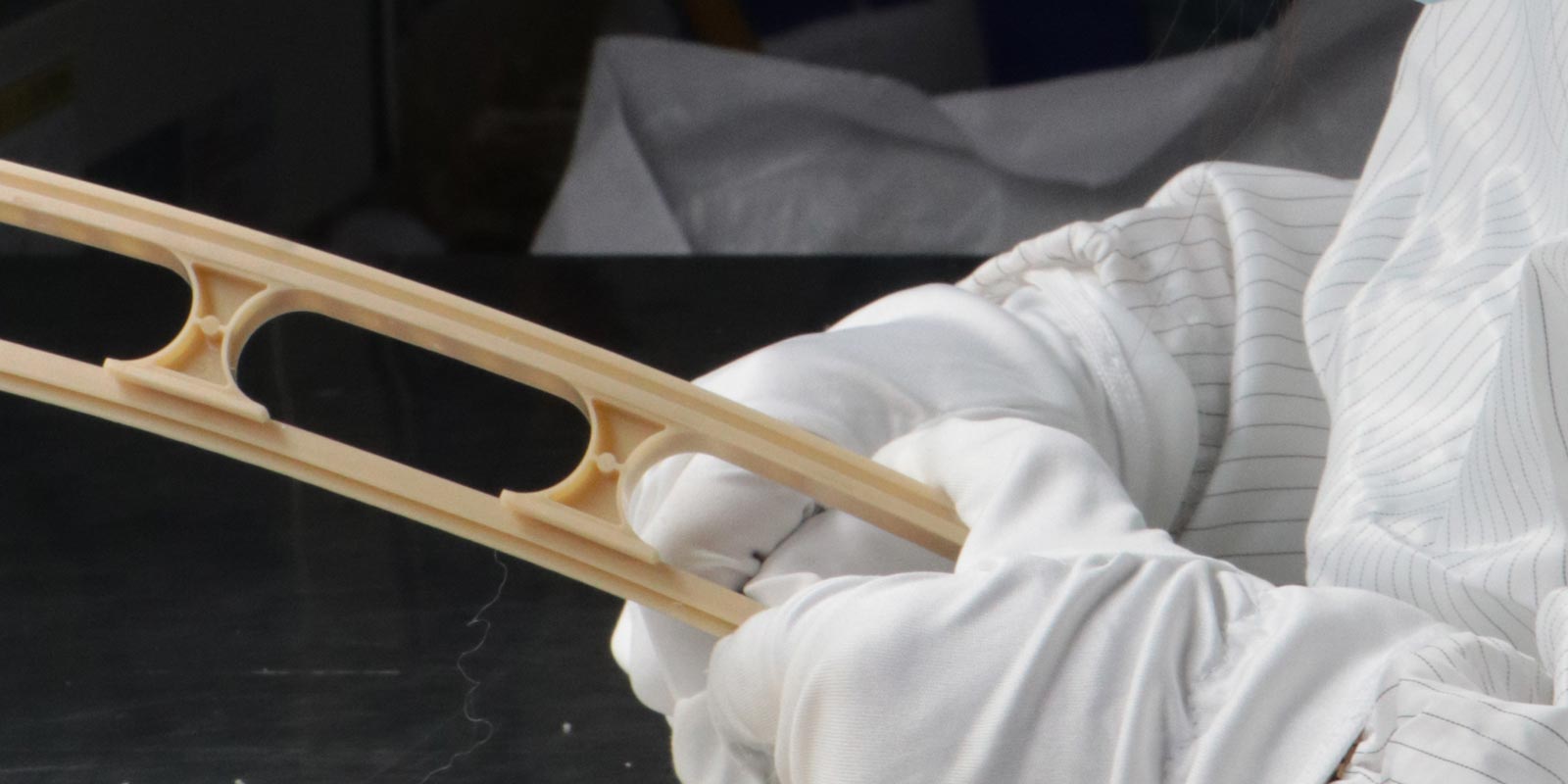
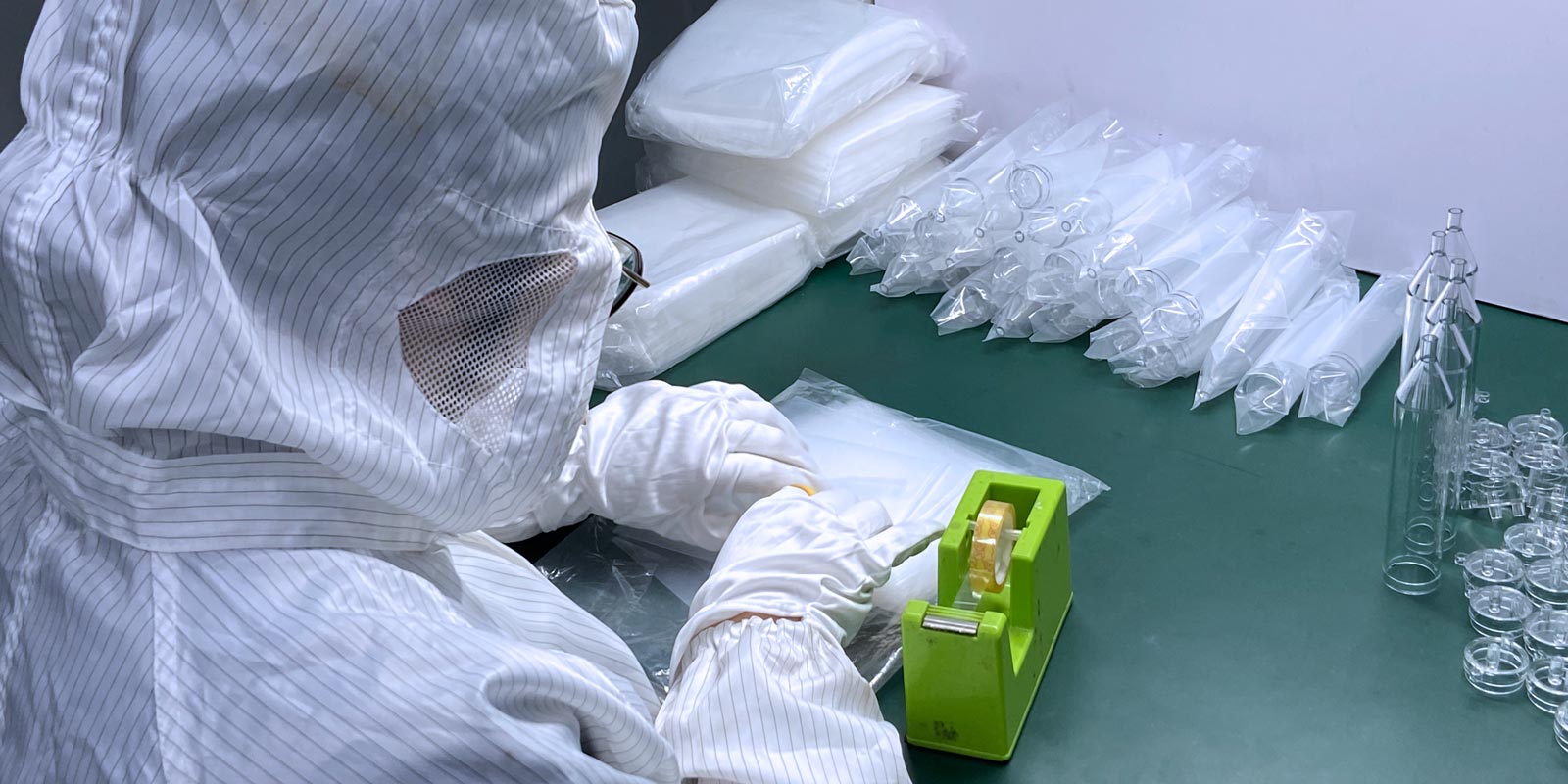
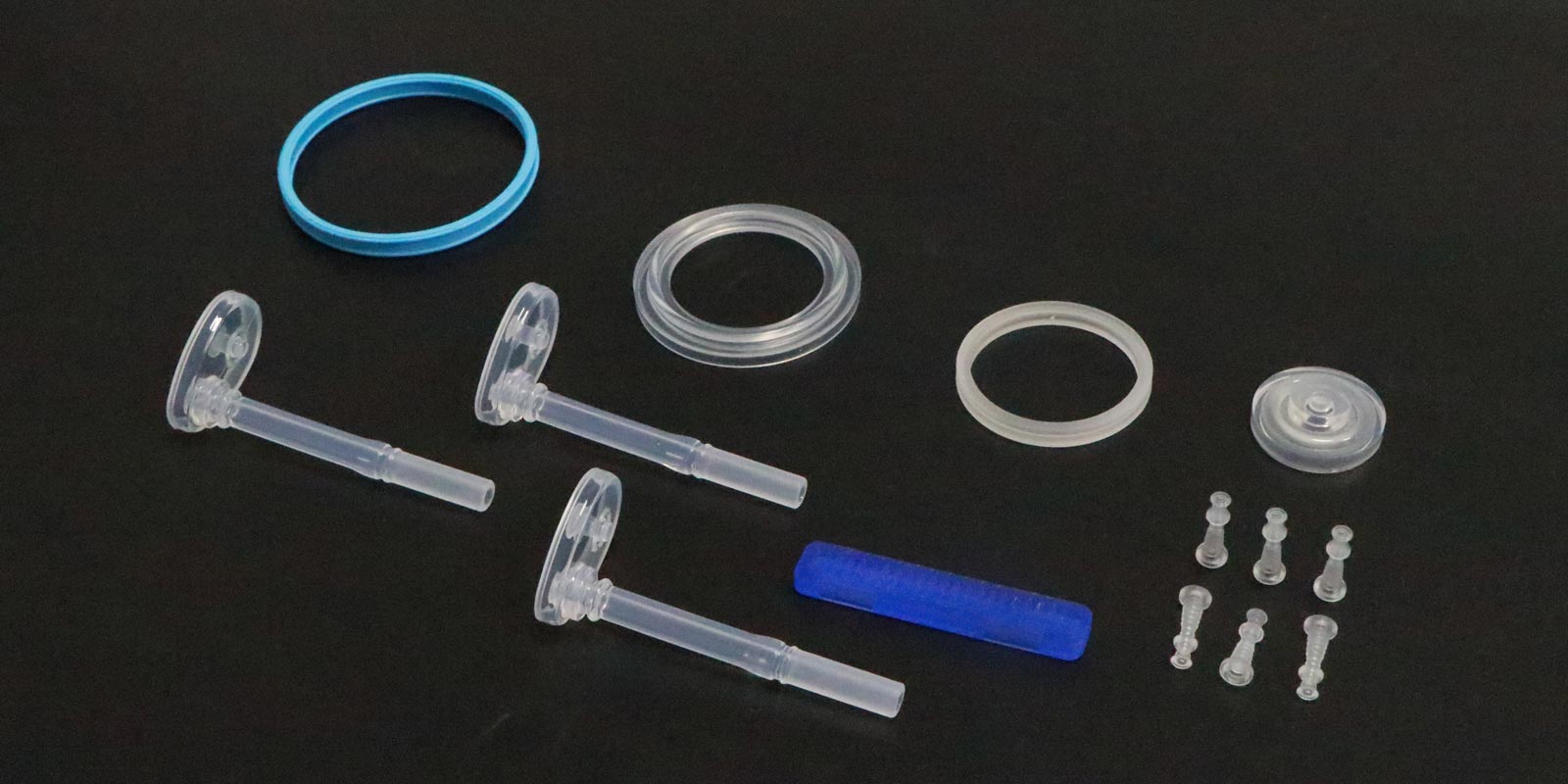
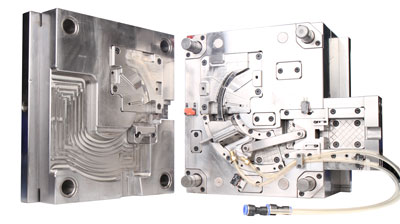
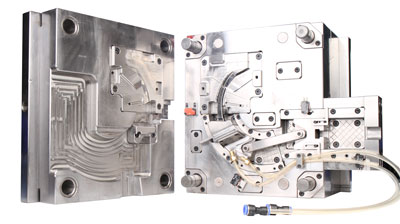
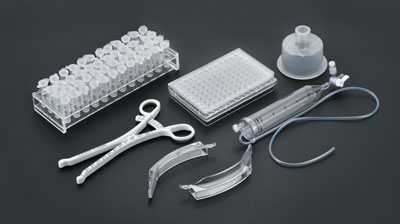
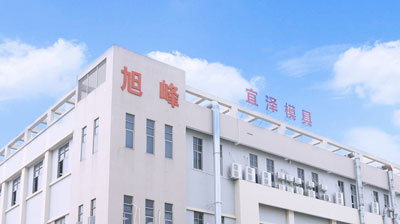







 Home
Home
